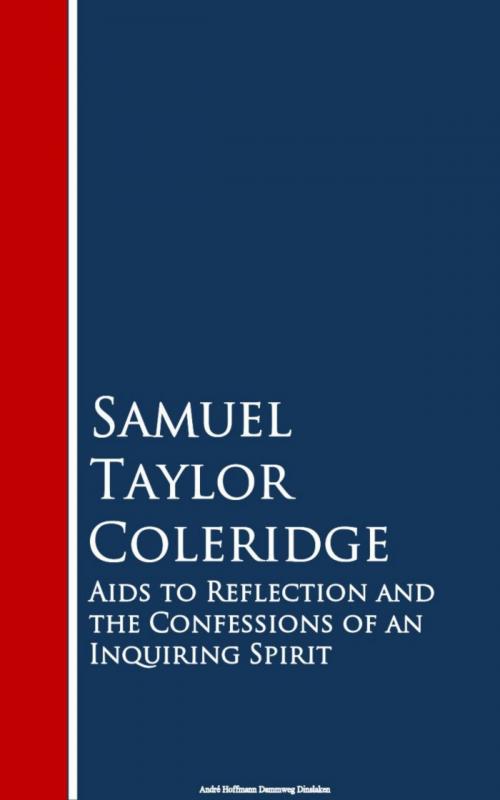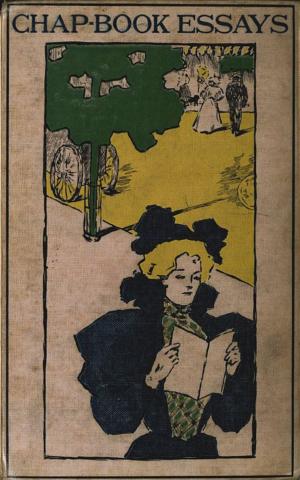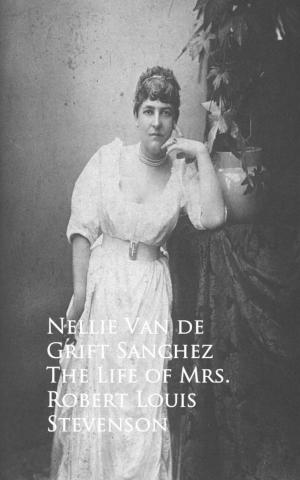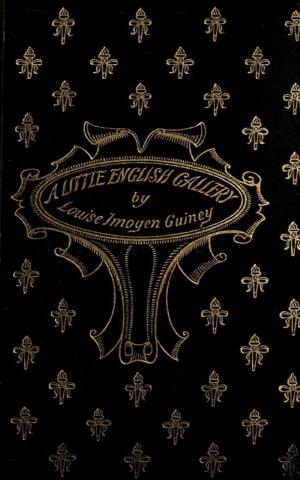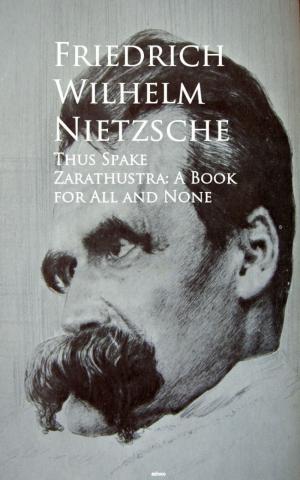| Author: | Samuel Taylor Coleridge | ISBN: | 9783736413429 |
| Publisher: | anboco | Publication: | September 5, 2016 |
| Imprint: | Language: | English |
| Author: | Samuel Taylor Coleridge |
| ISBN: | 9783736413429 |
| Publisher: | anboco |
| Publication: | September 5, 2016 |
| Imprint: | |
| Language: | English |
This Edition of the Aids to Reflection is commended to Christian readers, in the hope and the trust that the power which the book has already exercised over hundreds, it may, by God's furtherance, hereafter exercise over thousands. No age, since Christianity had a name, has more pointedly needed the mental discipline taught in this work than that in which we now live; when, in the Author's own words, all the great ideas or verities of religion seem in danger of being condensed into idols, or evaporated into metaphors. Between the encroachments, on the one hand, of those who so magnify means that they practically impeach the supremacy of the ends which those means were meant to subserve; and of those, on the other hand, who, engrossed in the contemplation of the great Redemptive Act, rashly disregard or depreciate the appointed ordinances of grace;—between those who, confounding the sensuous Understanding, varying in every individual, with the universal Reason, the image of God, the same in all men, inculcate a so-called faith, having no demonstrated harmony with the attributes of God, or the essential laws of humanity, and being sometimes inconsistent with both; and those again who requiring a logical proof of that which, though not contradicting, does in its very kind, transcend, our reason, virtually deny the existence of true faith altogether;—between these almost equal enemies of the truth, Coleridge,—in all his works, but pre-eminently in this—has kindled an inextinguishable beacon of warning and of guidance. In so doing, he has taken his stand on the sure word of {xii} Scripture, and is supported by the authority of almost every one of our great divines, before the prevalence of that system of philosophy, (Locke's,) which no consistent reasoner can possibly reconcile with the undoubted meaning of the Articles and Formularies of the English Church:— In causaque valet, causamque juvantibus armis ...
This Edition of the Aids to Reflection is commended to Christian readers, in the hope and the trust that the power which the book has already exercised over hundreds, it may, by God's furtherance, hereafter exercise over thousands. No age, since Christianity had a name, has more pointedly needed the mental discipline taught in this work than that in which we now live; when, in the Author's own words, all the great ideas or verities of religion seem in danger of being condensed into idols, or evaporated into metaphors. Between the encroachments, on the one hand, of those who so magnify means that they practically impeach the supremacy of the ends which those means were meant to subserve; and of those, on the other hand, who, engrossed in the contemplation of the great Redemptive Act, rashly disregard or depreciate the appointed ordinances of grace;—between those who, confounding the sensuous Understanding, varying in every individual, with the universal Reason, the image of God, the same in all men, inculcate a so-called faith, having no demonstrated harmony with the attributes of God, or the essential laws of humanity, and being sometimes inconsistent with both; and those again who requiring a logical proof of that which, though not contradicting, does in its very kind, transcend, our reason, virtually deny the existence of true faith altogether;—between these almost equal enemies of the truth, Coleridge,—in all his works, but pre-eminently in this—has kindled an inextinguishable beacon of warning and of guidance. In so doing, he has taken his stand on the sure word of {xii} Scripture, and is supported by the authority of almost every one of our great divines, before the prevalence of that system of philosophy, (Locke's,) which no consistent reasoner can possibly reconcile with the undoubted meaning of the Articles and Formularies of the English Church:— In causaque valet, causamque juvantibus armis ...
